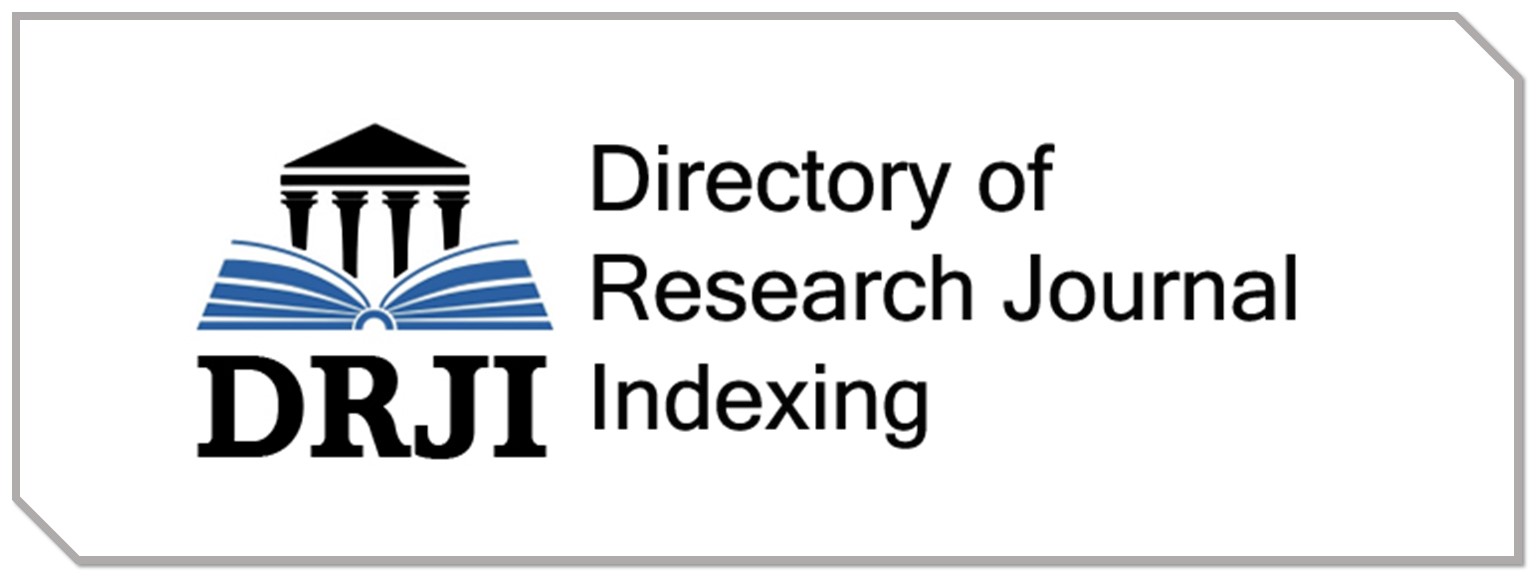Willingness to Communicate Among Esl/Efl Learners
Keywords:
Communicate, AmongAbstract
Speaking is one of the crucial skills that every individual must master in order to succeed in life. When it comes to the process of a foreign language learning, the learners’ willingness to communicate (WTC) reveals in various ways. EFL learners frequently come across to a number of difficulties impeding their ability to communicate in a target language. Some of them can be internal factors, such as personality traits. Even though language-teaching methodology has made significant leap forward and diverse speaking-developing environments, like speaking clubs, seminars and so forth are regularly organized, there are still some factors affecting students’ speaking ability. Kuhl [5] suggested the theory of action control, which has as its basis hesitation, preoccupation and volatility, as the precursors for WTC, which means that individual traits have more influence on a person’s wish to speak rather than the situation s/he is in inside or outside the classroom. Whereas Kang [4] after thoroughly studying Koreans living and studying overseas defined WTC as a situational variable, claiming that WTC does not mostly depend on the personality peculiarities, but on interlocutor(s), topic being discussed and conversational context.











